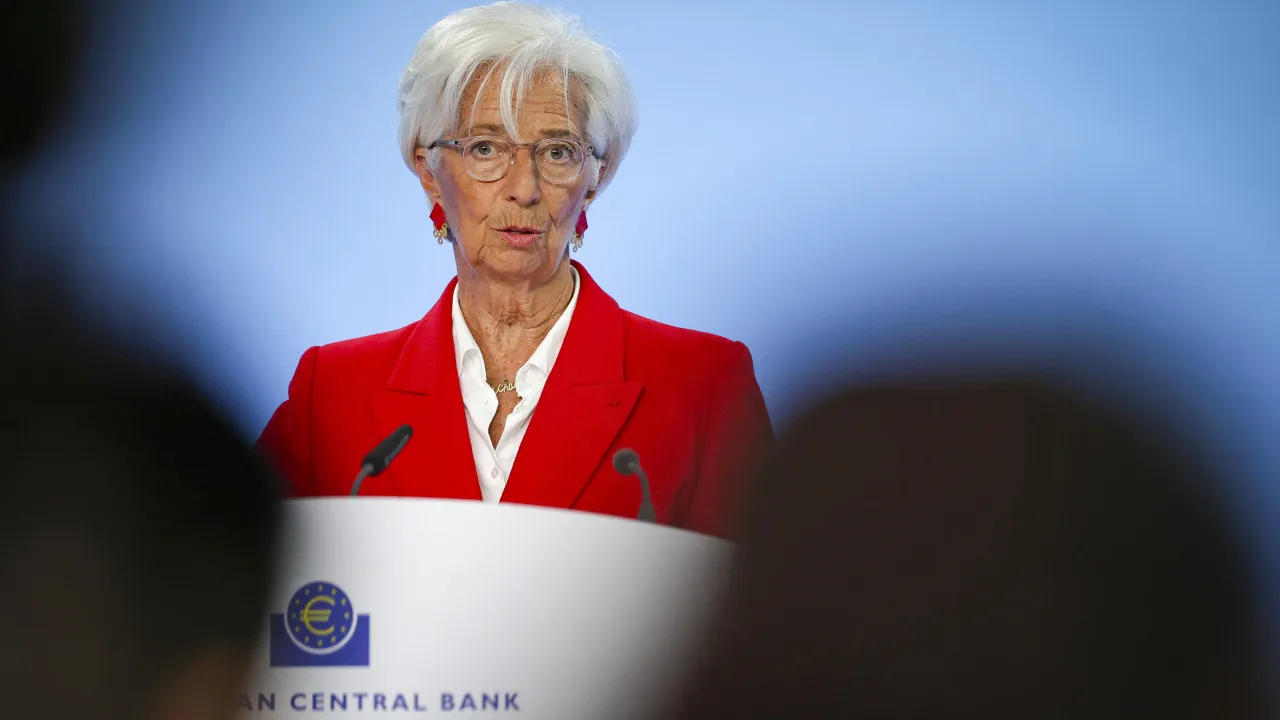They have been the preferred form of savings for the Portuguese, but the rules of the game may soon change. The Finance Minister has warned that the government is watching and, depending on the number of future subscriptions, may act. “A very bad sign”, in the opinion of an analyst from Proteste Investe, who anticipates what may be coming.
It’s no news that savings certificates have been “appetizing” for the Portuguese. They are a reliable way to save and have attractive rates. But, beware, they may be subject to change. This hypothesis was left open by the Finance Minister himself who, in April of this year, admitted that the Government will be attentive to the number of new subscriptions.
In the first quarter, Portuguese families invested more than 9 billion euros in savings certificates. This means that deposits in banks tend to slow down and this translates into losses. According to March data, banks lost 3 billion euros due to the run on savings certificates.
Currently, savers benefit from a gross interest rate of 3.5%, the maximum allowed by law.
At the Stability Programpresentation conference , Minister Fernando Medina acknowledged that the rush to savings certificates stems from the “free choice that the Portuguese have made because they cannot find in the market an offer, from the point of view of savings, that is compatible with an adequate remuneration” to what they expect.
It was concluded, therefore, that the Portuguese tend to resort to this government bond because deposits in national banks are the least profitable inthe Euro zone.
But the current scenario may be about to end and aggravate the fact that Portugal has one of the lowest savings rates.
Proteste Investe anticipates two paths
This Monday, Proteste Investe published an article that focuses on the rules of savings certificates that may be changed and that may result in a “very bad sign for those who invest their savings in government bonds”. The conclusion, by way of warning, is from António Ribeiro, a specialist in savings products and financial analyst.
The analyst recalls that in April, the Minister of Finance warned that the Government would keep an eye on savings certificates and that they would be evaluated according to the evolution in the following months. “We will have to evaluate how subscriptions occur over the next few months,” said Fernando Medina.
The government was surprised by the rush for these government bonds due to the rise in the three-month Euribor, which determines the remuneration of these products.
Each subscription earns interest on a quarterly basis, and this interest is capitalized. There is also a premium of 0.5% from the beginning of the second year to the end of the fifth year, and 1% from the sixth year to the end of 10 years, explains Proteste Investe.
The specialist in savings products, António Ribeiro, believes that the Government may adopt one of two paths: go ahead with changes regarding the “rate of return for future subscriptions of savings certificates”; or even go ahead with the issue of a new series, with other conditions and a lower remuneration.
For the analyst of Proteste Investe this fact is surprising, “since it is recurrent for the State to change the rules in the middle of the game when the conditions are no longer favorable to the issuer.






